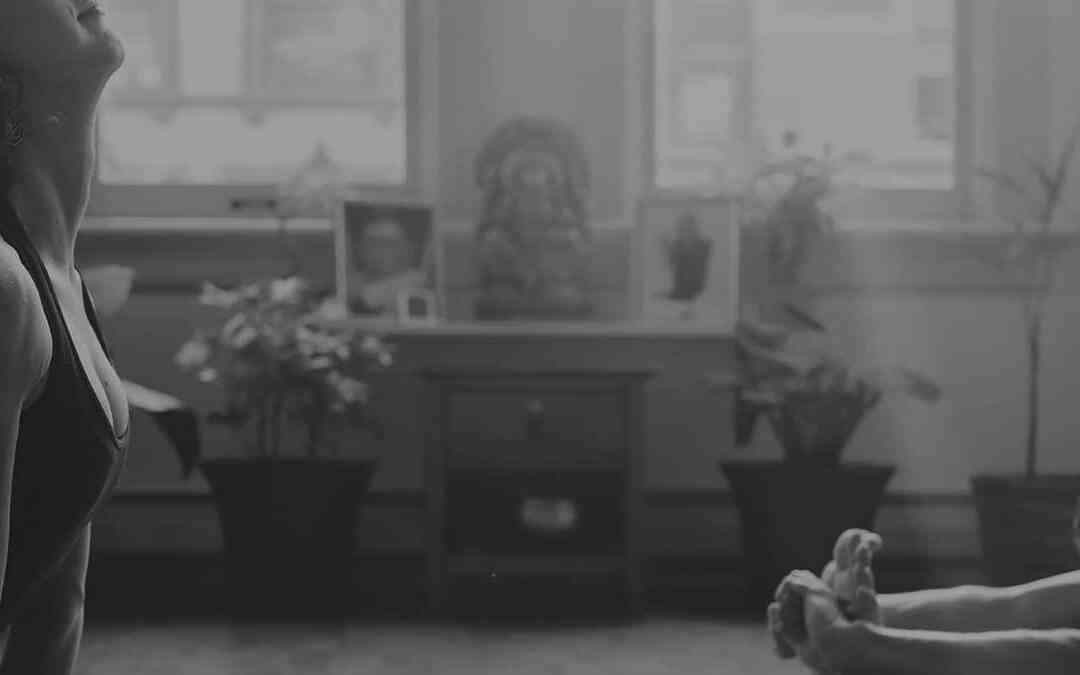Today I want to talk about talking. Or, rather, not talking. The Hatha Yoga Pradipika mentions six things that destroy practice:
“Yoga perishes by these six: overeating, overexertion, talking too much, performing needless austerities, socializing, and restlessness.” (1:15)
In our practice, we are cultivating pratyahara: control of “ahara.” Ahara means external influences – from the physical (food) to the sensory (images, sounds) to the energetic (thoughts, feelings).
So what does that mean, in terms of how to behave in a shala? Well, for one thing, it means you have to be conscious of how you interact with other practitioners, who — like yourself — are trying to control their minds and cultivate inner awareness.
Basically, the rule of thumb is this: Once you come through the door, bring your awareness inside yourself and don’t distract other people from their practices. When someone is on their mat, they are off limits. Don’t try to catch their eye as you enter or exit the room. Don’t speak to them. Don’t disturb them at all. (It’s common practice when exiting the room to catch the teacher’s or the assistant’s eye to say “thank you,” but there is no interaction with other practitioners.)
When you are entering the shala at the same time as another person (say you’re both in the cubby area putting your stuff away), a quiet “Good morning” can be the extent of your interaction. When we first enter the shala, we are all trying to get or keep our minds in the right place for our individual practices, so it’s not a good time for dialog – it will be a distraction for you and for whomever you engage in conversation.
If you have a strong impulse to chat with someone, stop and examine that impulse. Do you want to speak to them because you feel like it would be awkward *not* to chat? Are you worried about seeming impolite? Why is that? Do you think they’ll feel snubbed if you don’t acknowledge them? Will you feel invisible if they don’t acknowledge you?
Yes, we live in a world where many consider it “rude” not to interact with people around them, particularly if you see them every day (like we do at the shala). Here’s why the shala is different: Our premise is that we are all working together. Our premise is that we all acknowledge each other’s presence and wish each other well. We don’t need to prove that to each other by chatting. We help each other by giving each other privacy and space and silence.
Think about that: privacy, space, silence. These are RARE and valuable gifts. What BETTER way could you possibly acknowledge and honor the people around you than by offering privacy, space, and silence?



Thank you 💜🙏🏻💜